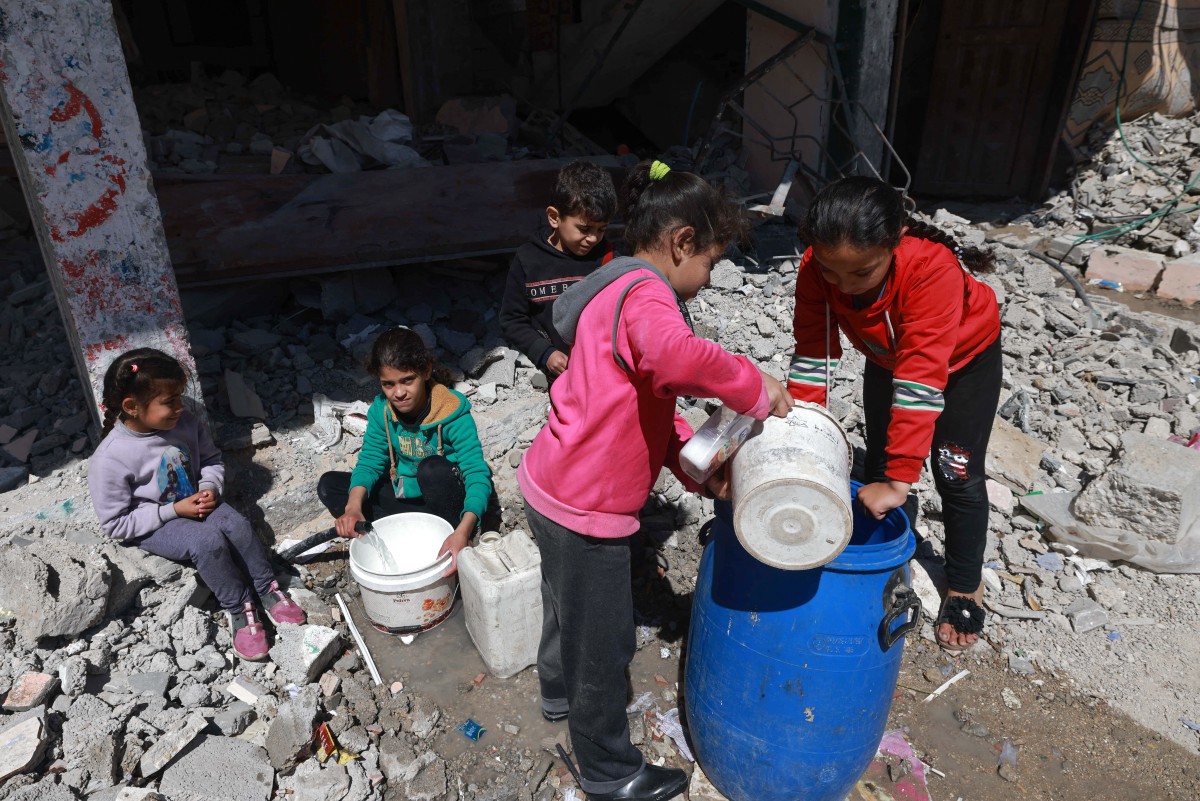Jerusalem, Undefined — The United Arab Emirates has begun construction on a major pipeline to carry desalinated water from Egypt to southern Gaza, according to multiple sources.
Technical teams sent by the UAE have started transporting equipment needed for the project, the Emirati state news agency WAM reported on Wednesday.
The nearly seven-kilometer (4.5-mile) pipeline aims to help alleviate what WAM described as a “water crisis” in the Gaza Strip.
Earlier this week, COGAT — the Israeli defense ministry body overseeing civil affairs in the Palestinian territories — said construction of the pipeline would begin in the coming days and was expected to take weeks.
The project would link a desalination plant in Egypt to the Al-Mawasi area along Gaza’s coast and could supply about 600,000 people daily, COGAT said.
WAM said the UAE had launched “several initiatives to drill and rehabilitate potable water wells”.
Access to clean drinking water is extremely limited across Gaza, forcing its 2.4 million residents to rely on salty, often undrinkable water or irregular aid deliveries.
More than 80 percent of Gaza’s water infrastructure has been damaged during the war between Israel and Hamas, according to estimates from the Palestinian Water Authority.
After Israeli supply cuts, most Gazans rely on polluted wells or sporadic NGO water deliveries, hindered by limited aid access.
“The water crisis in Gaza continues to deteriorate rapidly amid a severe fuel shortage, extensive infrastructure damage, and inaccessible water sources,” said the UN Office for the Coordination of Humanitarian Affairs (OCHA).
The Deir el-Balah desalination plant in central Gaza resumed full operations at the weekend after being reconnected to the Israeli electricity grid for the first time since spring.
Humanitarian organizations have been warning for months of an impending public health catastrophe, particularly in southern Gaza, where hundreds of thousands of displaced people are sheltering.
On Tuesday, UN agencies called for a surge in food aid, with United Nations Secretary-General Antonio Guterres saying “the trickle of aid must become an ocean”.
UN-backed experts warned Tuesday that a “worst-case scenario” famine is “now unfolding” in Gaza that cannot be reversed unless humanitarian groups get immediate and “unimpeded” access.








